Of course we’re avid, avid watchers of Tucker Carlson. But insofar as he’s like the shit filter, which is that if things make it as far as Tucker Carlson, then they probably have much more like…stuff that we can look at online. And so sometimes he’ll start talking about something and we don’t really understand where it came from and then when we go back online we can find that there’s quite a bit of discourse about “wouldn’t it be funny if people believed this about antifa.”
Archive (Page 1 of 2)
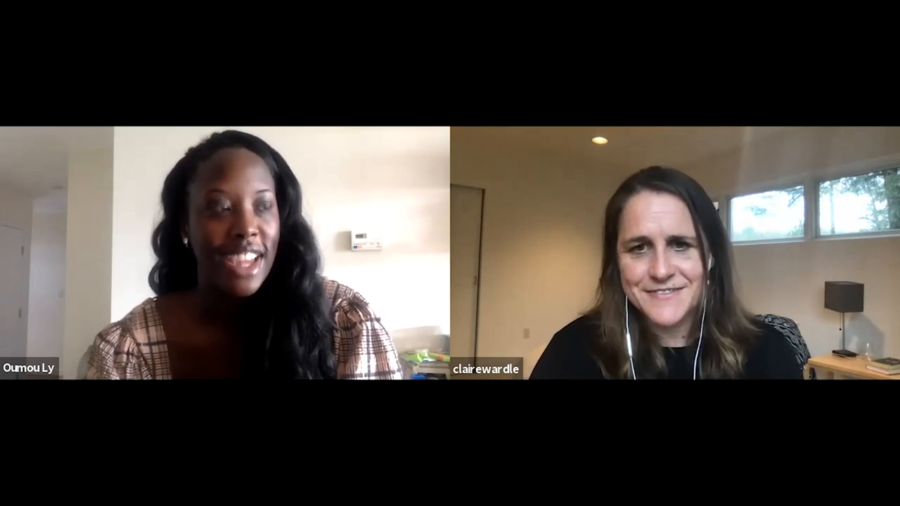
I think those of us who study and think about mis- and disinformation, it’s very tempting to study what’s in front of us. And so there’s a disproportionate focus on Twitter, because it’s the easiest to study because there’s an open API—although, caveats—and Facebook. That’s a lot of the places that we study. And similarly, that’s a lot of the places that journalists look for content and sources and stories. And so we end up kind of really just thinking about that as the “problem,” when actually we need to think about the full ecosystem.

When did we decide that we no longer need to watch news? We no longer have to watch these disturbing images? That’s why I’m writing a book. I’m thinking about these issues.
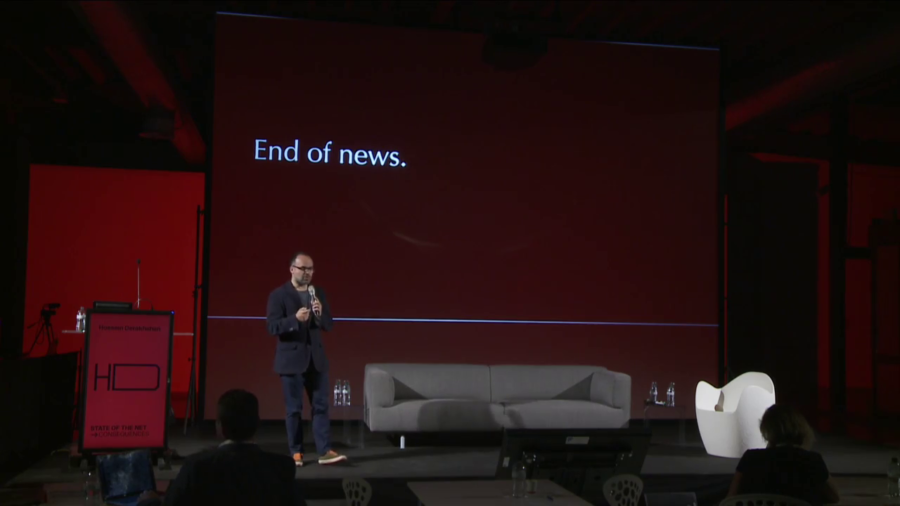
I think this is the end of the news. Not the end of journalism, end of news. And I think the whole discussion about business models, or quality, or trust, or ethics are secondary to what is the real problem, which is a cultural problem and a social problem.
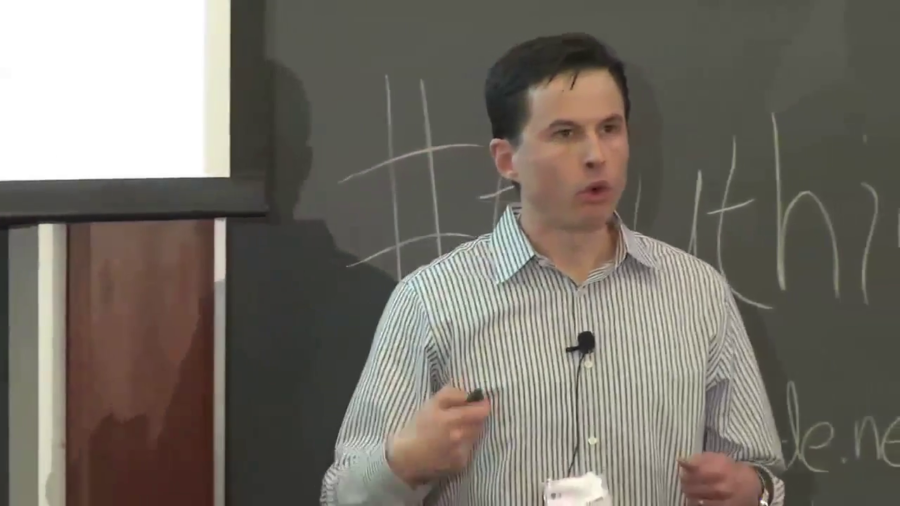
I’ve experienced first hand the challenges of trying to correct misinformation, and in part my academic research builds on that experience and tries understand why it was that so much of what we did at Spinsanity antagonized even those people who were interested enough to go to a fact-checking web site.
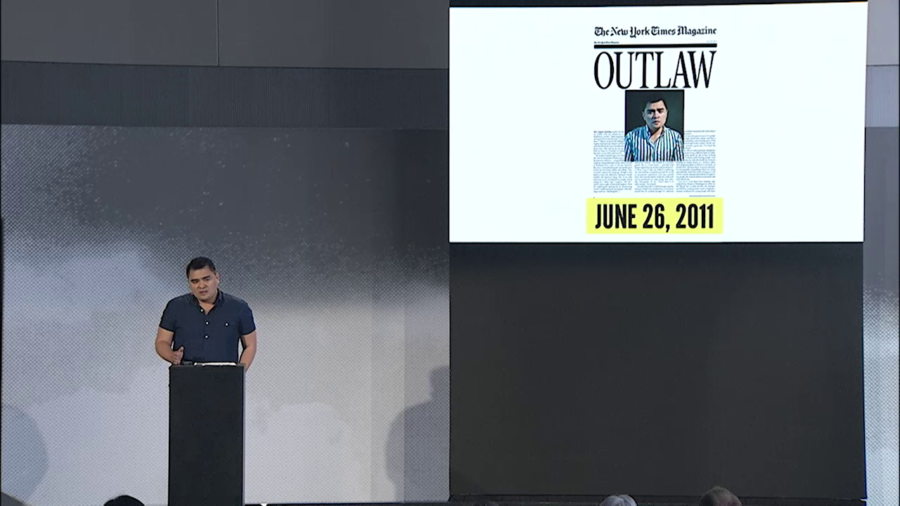
The reality is we have been so busy calling people names, obsessing over borders and walls, and spreading misinformation that we haven’t even asked hard questions like why do people move? What does US foreign policy and US trade agreements have to do with migration patterns? Remember when those children started walking from Central America to here, and CBS News and a lot of organizations called them “illegal immigrant” children instead of calling them the refugees that they are? What did we do to Nicaragua, El Salvador, and Guatemala so that their countries got so violent that they have to come here? Who started the drug war? What did NAFTA do not only to the United States but to Mexicans, right?
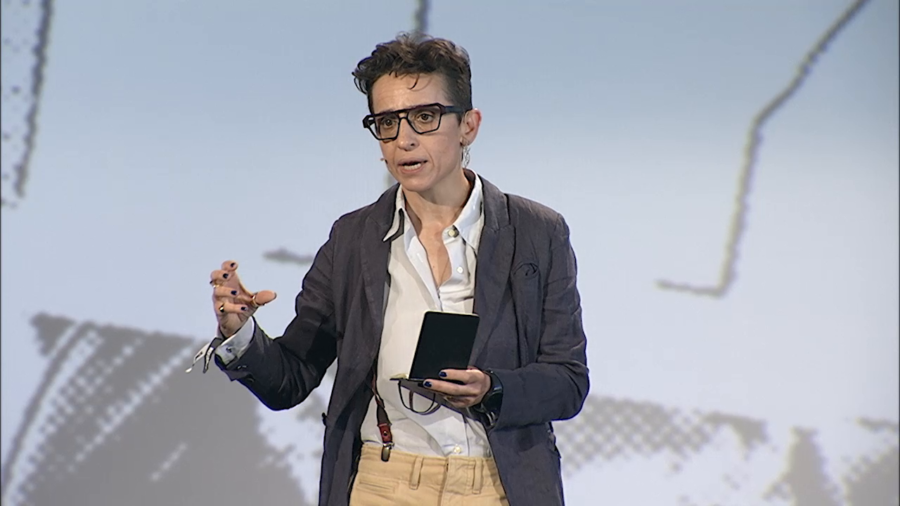
Conspiracies are perfect for simple thinking. Because conspiracy is by definition something that explains everything. A really great conspiracy explains something that has already happened and something that’s going to happen.
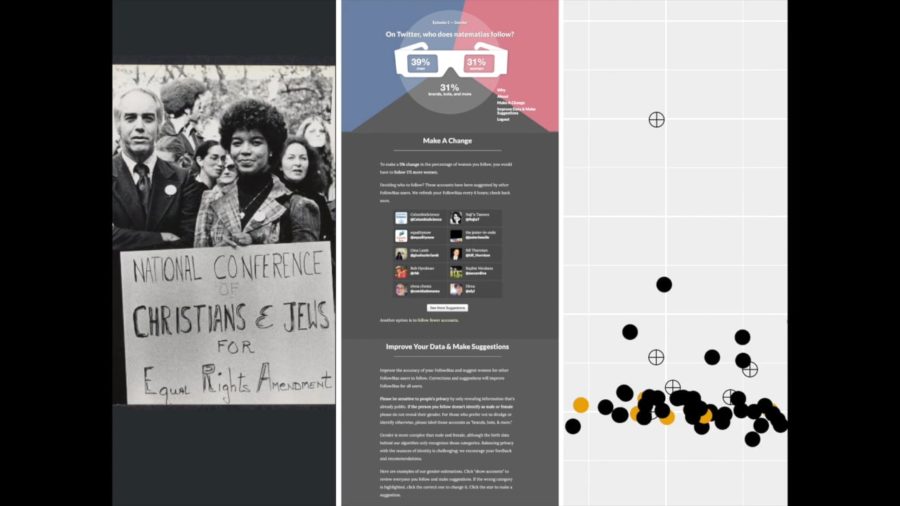
In 2011, the cultural critic Emily Nussbaum reflected on the flowering of online feminism through new publications, social media conversations, and digital organizing. But Nussbaum worried, even if you can expand the supply of who’s writing, will that actually change the influence of women’s voices in society? What if online feminism was just an echo chamber?

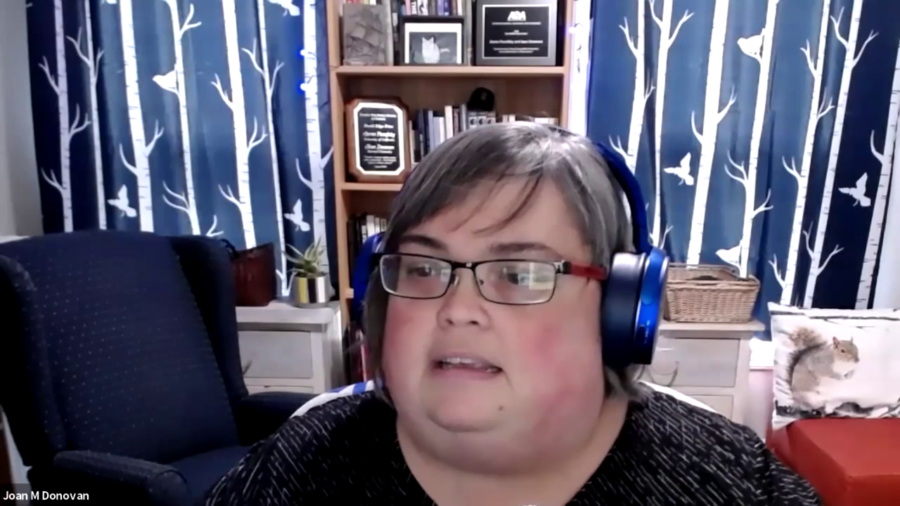
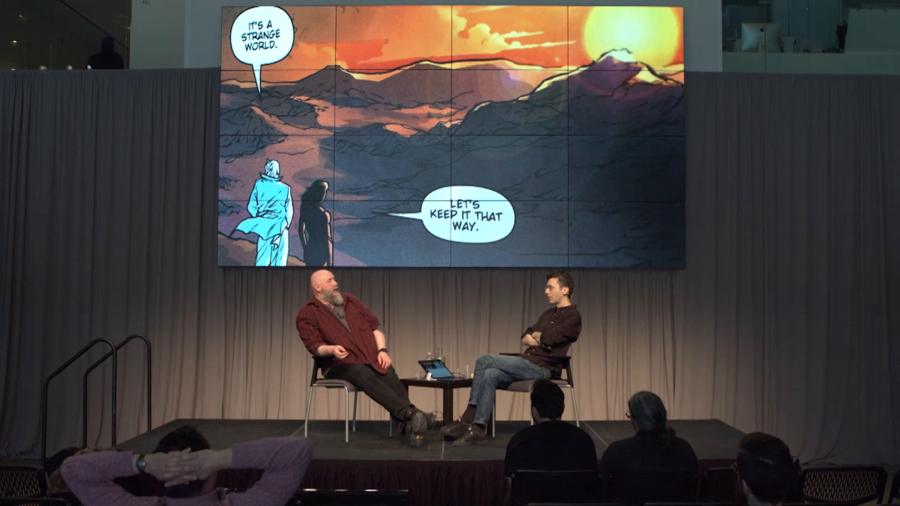
Emily Bell on Elusive Objectivity
This idea of control is so baked into the journalistic psychology that actually this articulation, done in a highly-controlled environment with an advertising agency, is one which even though it’s not new to the open Web is still very very very new to journalism. And what we don’t have at the moment is anything like a balancing investment in the kinds of things which allow us to participate in the crowd.